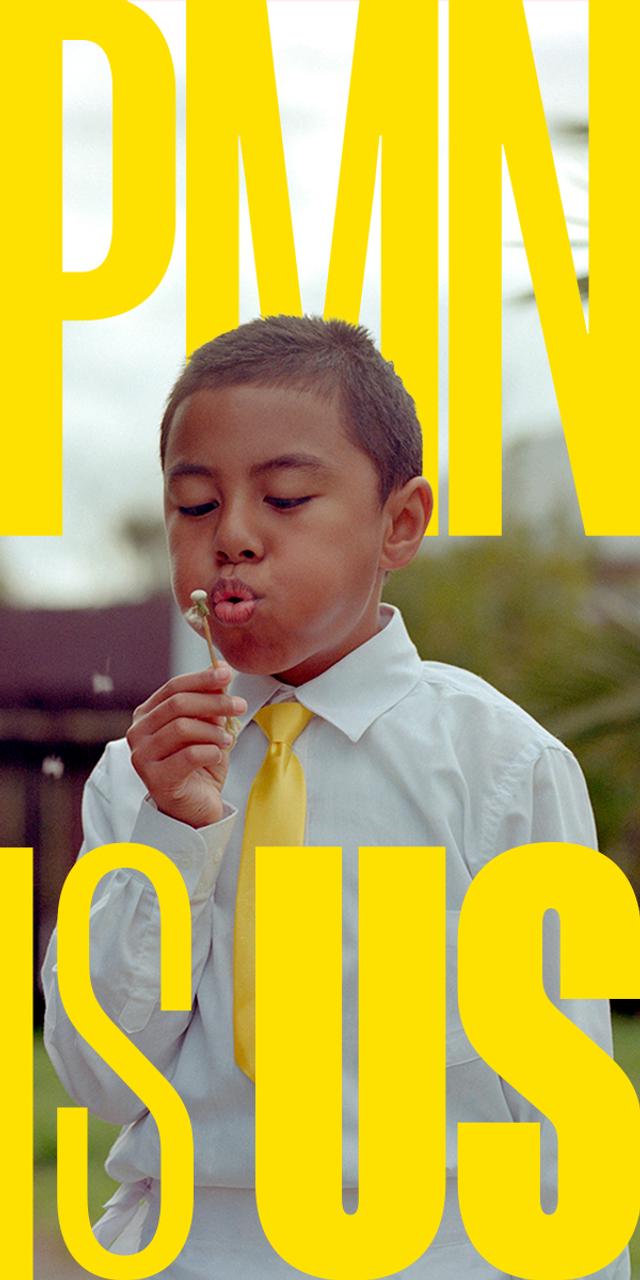

Helen Robinson, left, and Tui Gallagher.
Photo/ Ala Vailala
‘We bring life to this world, yet we are disadvantaged by it’
Tui Gallagher, of Te Whare Hīnātore, says despite being small in population, Pacific and Māori women are disproportionately overrepresented in homelessness.


Political turmoil in Sāmoa: PM calls for early election after historic Budget defeat




Political turmoil in Sāmoa: PM calls for early election after historic Budget defeat


A new report has revealed that Māori and Pacific women continue to bear the brunt of homelessness in New Zealand.
The Coalition to End Women's Homelessness launched the report, Ngā Ara ki te Kāinga: Understanding Barriers and Solutions to Women’s Homelessness, on Thursday.
The report aims to raise awareness about women’s experiences of housing deprivation in the country.
Helen Robinson, Chief Executive of Auckland City Mission, says that although Māori and Pacific constitute a small percentage of the population, they are still overrepresented among those experiencing homelessness.
“We know that of those proportion of people who are homeless for women, that it’s overwhelmingly Māori women and then very, very close to that is Pacific women," she said.
“So that what we are seeing here is an expression of women in our country who face multiple realities of marginalisation and discrimination, and that that is true for both Māori women and Pacific women.”
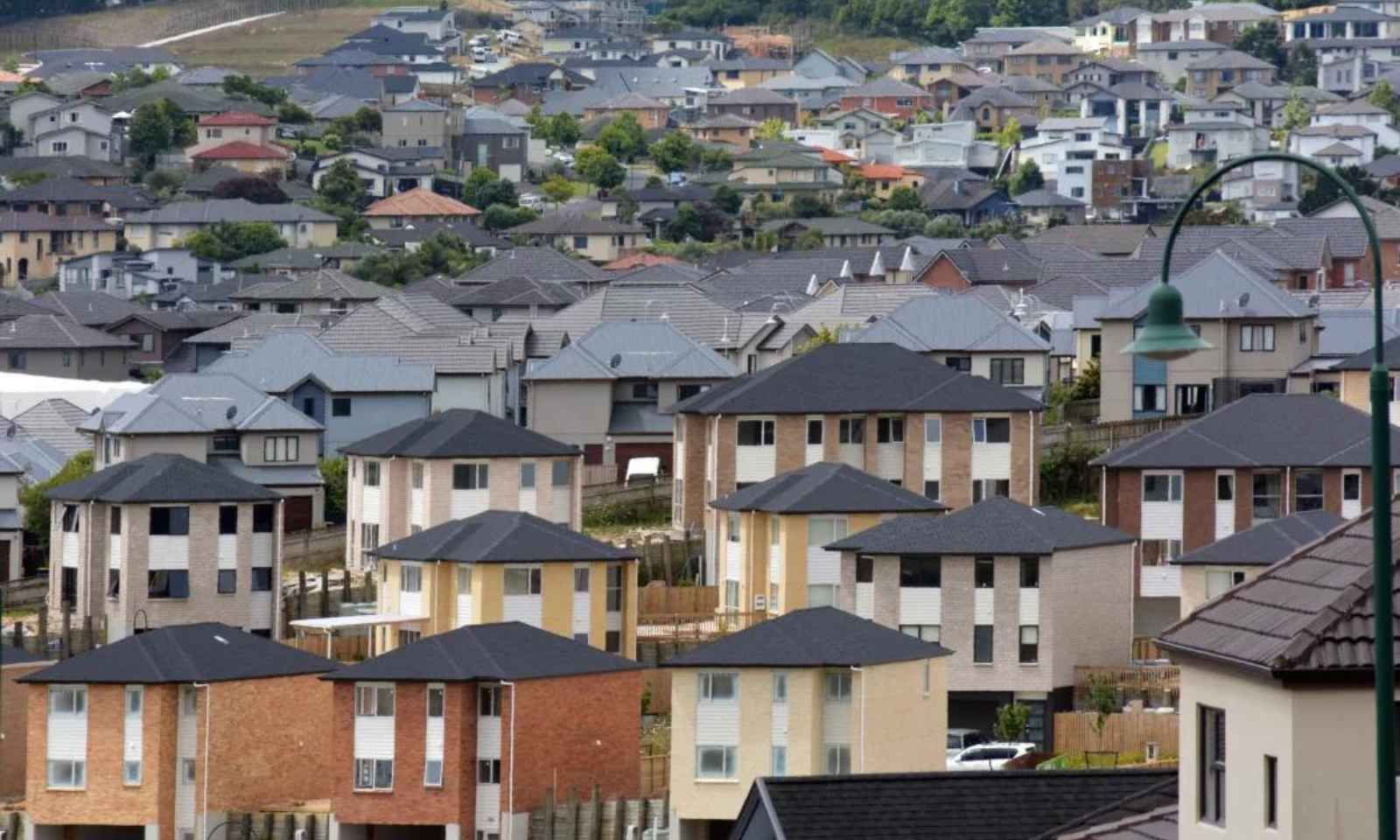
Photo/file
Tui Gallagher, team leader at Te Whare Hīnātore, explained the various factors contributing to homelessness among these groups.
“The leading cause that's led them to our service, particularly, has been addiction, mental health, domestic violence, intimate partner violence. Those have been the three main ones,” she said.
“And then when you couple them over each other, it becomes this thread that's really, it almost becomes, each of them is a thread and then together forms a plait.
“So transitional housing is traditionally three months. Each one of those threads needs three months alone. So that's nine months.
“We need to stop thinking about transitional housing as three months. And we need to think about transitional housing being a space that allows our wahine to heal first.”
She highlighted that discrimination and cultural disconnection further exacerbate these challenges.
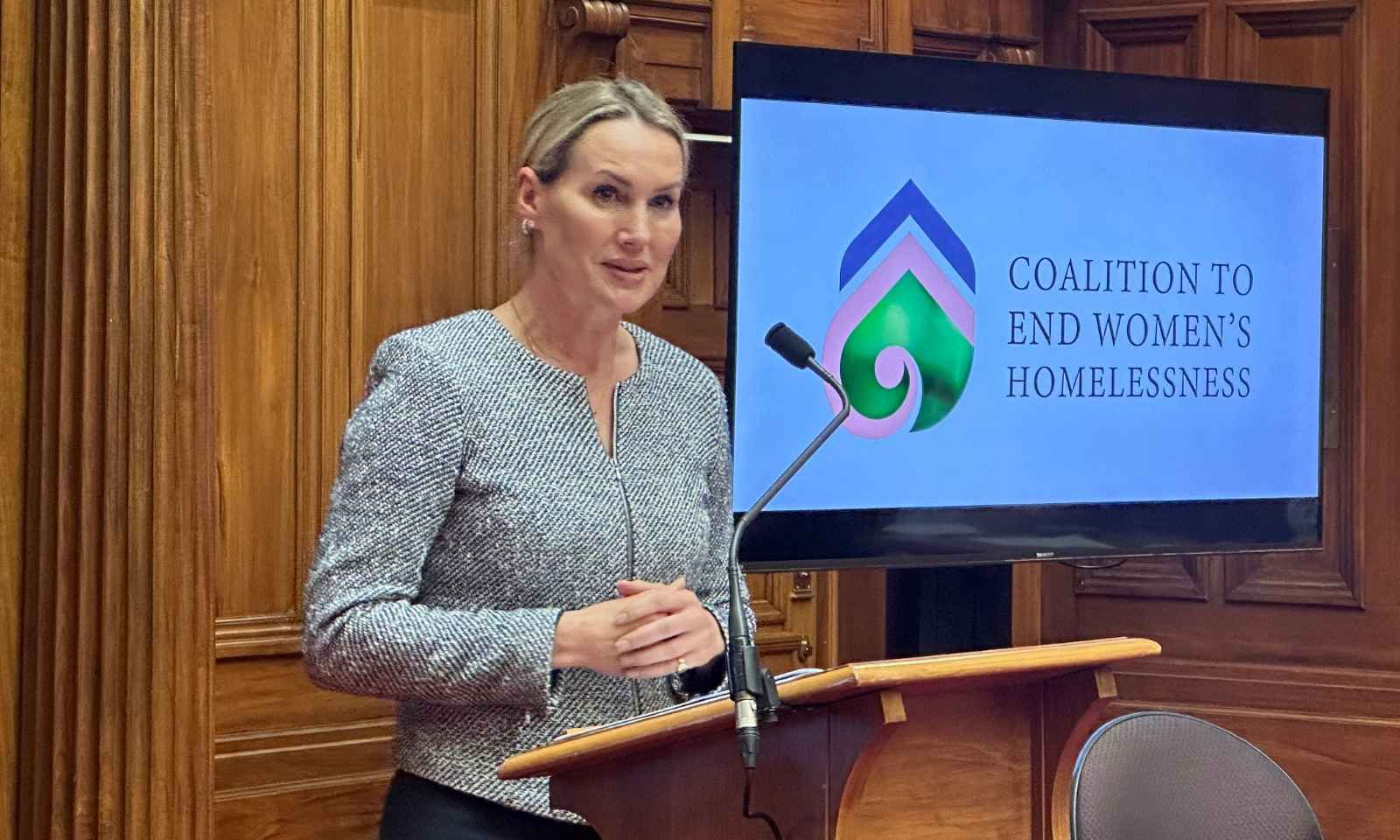
Women's Minister Nicola Grigg at the launch of the report. Photo/Ala Vailala
“We find that in our whare, probably two thirds are Māori, one third are Pasifika.
“I think that sense of community, that sense of the value of the woman within that community, that's been lost.
“And so when we lose that… we lose that safe space for our children, and we lose that safe space for that village to grow.”
The statistics corroborate Gallagher’s observations.
The report found that Pacific and Māori women face higher rates of domestic violence, poor physical and mental health outcomes and financial struggles.
Pacific single mothers experienced higher rates of domestic violence and poor physical and mental health outcomes.
Watch Hekaa Mahoni's full interview on PMN Tonga.
Four out of 10 Pacific single mothers struggled to afford food and clothing for their children.
Despite the statistics, Minister for Women Nicola Grigg highlighted the Government’s efforts to tackle the housing crisis.
“We're ending the blight. Only 993 families left in emergency housing. That's down from 3,405 from a year ago. That's a 71 per cent decrease.
“Those people have now moved into secure housing. And that has come about from a sustained focus by MSD workers to get our most vulnerable New Zealanders into homes, either social houses or private rentals.
“More than 1600 kids have now moved out of motels into homes. That's thanks to the Priority One initiative that we implemented about a year ago.
“The social housing web list, which we all know is the public housing register, is down to around 21,000. That's still too high, but it is about 4000 fewer than it was a year ago.”
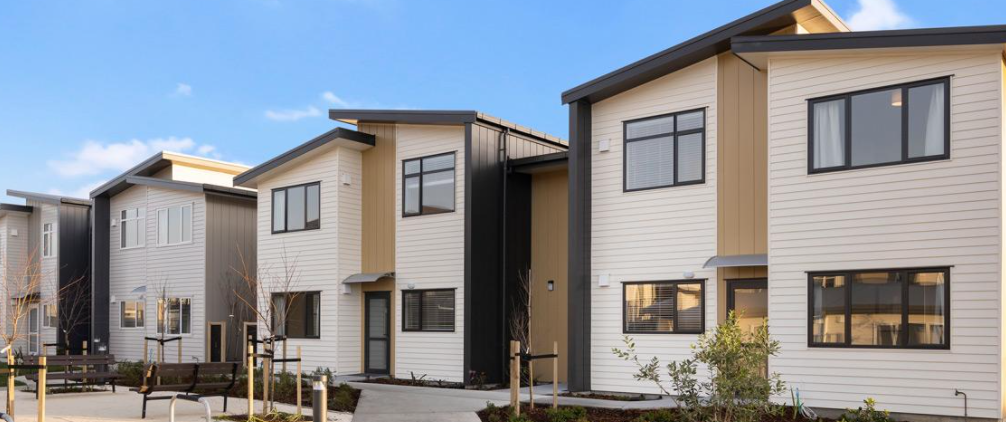
Photo/file
Despite the Government’s efforts, Labour MP Kieran McAnulty condemned funding cuts to community housing providers.
“The minister stands up and celebrates the reducing numbers in emergency housing when everyone in this room knows that that's because they're stopping people getting in in the first place, which is leading to increases in homelessness," he said.
“All they talk about is money. Money that it was costing and the money that they've saved. No one wants people living in a motel, but the alternative is living on the street.”
He highlighted the Labour government’s efforts which saw more homes being built since the 1950s.
“Last year there were 5000 Kainga Ora homes built and roughly 1500 community housing providers built in one year.
“The [Housing] Minister has instructed Kainga Ora to drop that down to 2200 next year to only 400 the year after and in that year.
“The number of Kainga Ora homes in Auckland is going to go backwards by 285. And they've only funded community housing providers 750 [thousand] a year. That is a massive gap.
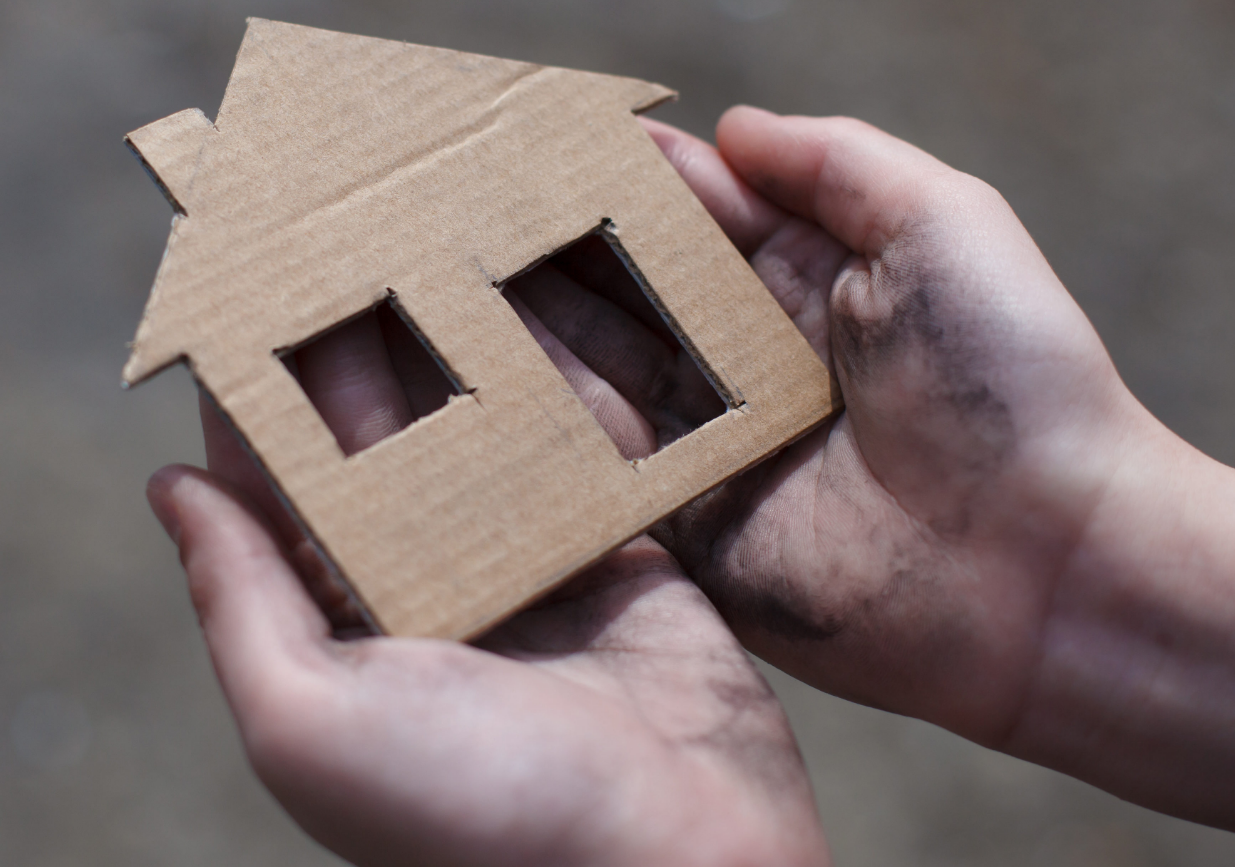
Photo/file
“We're expecting another 550 Kainga Ora homes to be cancelled, so just not going ahead. It's just all bad news.
“I've spoken to three providers today alone at this launch that said we would do more if only the government gave us money. And that's the one thing they're not doing. Sad.”
The report recommends gender-disaggregated data, culturally aligned housing solutions, and long-term funding commitments.
“I think it brings some real life, an unfortunate life, to that data,” Gallagher said.
“We can't ignore it. Women and homelessness is an indictment on Te Whare Tangata, the role of wāhine in all of our societies.
“We are the birth givers, we are the people that bring life to this world, and yet we are the ones that are disadvantaged by it.”
